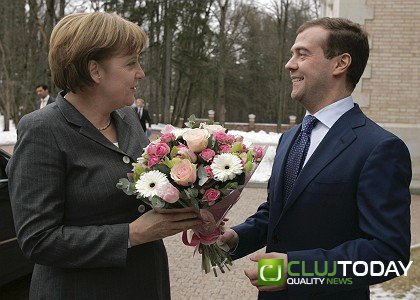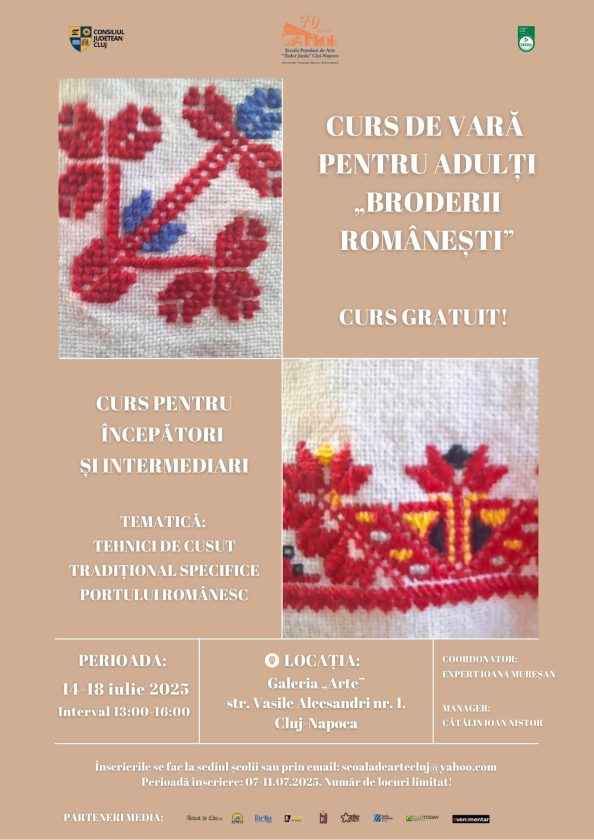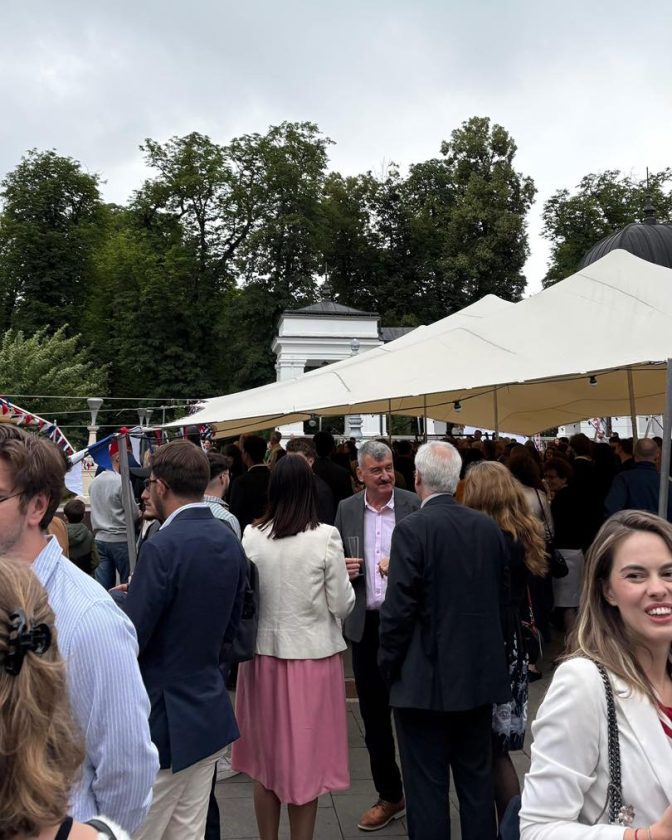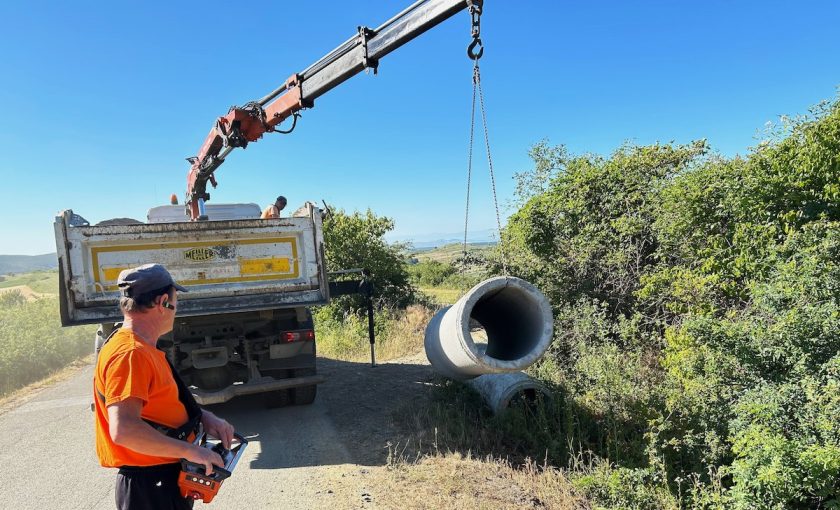
German Chancellor Angela Merkel and Russian Premier Vladimir Putin are both going to attend the hundredth session of the International Labor Conference, set to begin today in Geneva. There is a likelihood that Merkel and Putin will have sideline talks while they’re both attending the Geneva conference.
There’s plenty for Merkel and Putin to talk about: Russia and Germany are currently negotiating a potentially new institution within the European Union. It is the European Union and Russia Security and Political Committee. The actual organization — its name and its purpose — is quite vague. But what is clear is it would introduce Russia to the political and security decision-making of the European Union.
The idea is the brainchild of a meeting in June of 2010 between Russian President Dmitri Medvedev and Merkel in Berlin. At this meeting it was proposed that Russia would come to the table and sit down with the European Union on security issues. And Germany specifically brought the issue of Transdniestria, a breakaway region in Moldova, as an issue upon which to build a tentative, collaborative environment between Russia and the EU.
The talks on the Transdniestria issue are set to restart on June 21 and it is definitely something that we will be watching carefully. But the main emphasis is not necessarily on what happens on the ground in Moldova. That is a problem that is intractable and is very unlikely to be resolved by any further negotiations at this particular juncture.
What’s interesting to watch is to what extent Germany is actually aligning itself with Russian interests on this specific issue. This is because Berlin doesn’t really care how the Transdniestria issue plays out in the region. What it does care about is to be able to prove to the rest of Europe that it can in fact control Russia, that it can in fact bring Russia to the table, and then once at the table Berlin can get Moscow to give some sort of conciliatory gestures towards the rest of Europe.
This is very important because if Berlin can actually pull this off, it proves to the rest of Europe that it can negotiate with Russia and get Russia to be compliant, and therefore there is no need for the United States to be involved European security issues. And then there is no need to aggravate and agitate the relationship between Moscow, Western Europe and United States.




